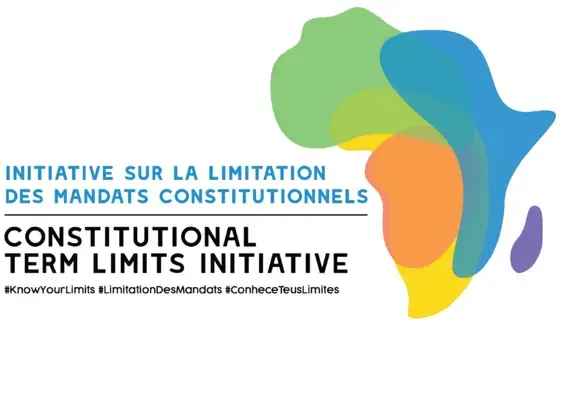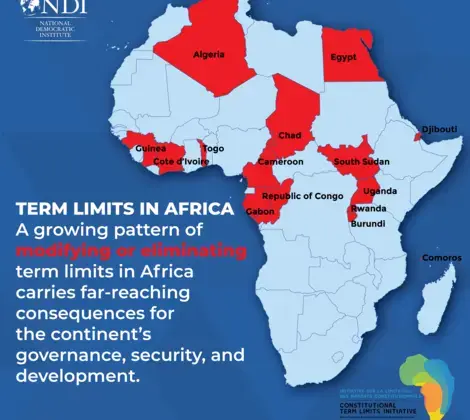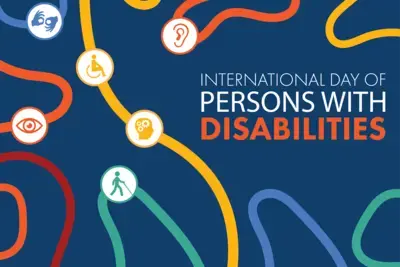
Success Story
Enough is Enough: Advocating for Term Limits in Africa
From December 15 to17, the National Democratic Institute, in partnership with the Africa Forum, the Kofi Annan Foundation (KAF) and the Open Society Initiative (OSI) brought together civic and political leaders from across the continent for a Virtual Term Limits Conference, entitled “2020 in Retrospective.” Over the course of this three-day event, panelists and participants, including former President of Malawi, Her Excellency Dr. Joyce Banda, and former Prime Minister of Senegal, Her Excellency Dr. Aminata Touré, analyzed the current state of constitutionalism in Africa and discussed ways forward for promoting respect for constitutional term limits. This conference built on the 2019 summit held in Niamey, Niger, during which leaders from across Africa drafted and signed their support for the Niamey Declaration in Support of Constitutionalism for Democratic Consolidation and the Peaceful Transfer of Power.

The conference opened with a slam poetry performance from the Ivorian group Slamactivisites, which set the tone for the conference. Their first piece titled ‘Il fera Toujours Minuit en Afrique (It will always be midnight in Africa)’ is a plea to heads of state to refrain from overextending their stay in power and to pass the torch to the next generation. After this performance, Professor Yash Pal Ghai, Director of the Katiba Institute, carried on Slamactivistes' refrain by calling on citizens to “let future presidents know that term limits are fixed in stone. Maybe [then] they would shift their focus to delivering to their people.”
The conference examined the importance of term limits from a socio-political and development lens, with experts arguing term limits are a means to ensure good governance. Other panels showcased the efforts of leading civil society activists advocating for the respect of constitutional term limits in regional contexts over the course of 2020. It is clear regional institutions are particularly important in creating checks and balances on the executive, and they have a strong role to play in safeguarding term limits, particularly in countries where respect for them is weak or in decline.
Throughout the conference, panelists noted that there is broad support for term limits in Africa: 75% of Africans across all ages and genders support term limits. This support has not translated into policy. As a result, Aminata Touré, former Prime Minister of Senegal, explained, “Failure to uphold term limits produces strong tensions with serious economic and social repercussions.” However, as Arnold Tsunga, Resident Director of NDI Zimbabwe, stated, “While term limits are necessary, they are not sufficient. We need term limits that are supported by strong, independent, and impartial institutions.”
During the conference's final panel, moderators and panelists reached a consensus that civil society and regional organizations should continue their advocacy, but with an increased focus on including women and youth in their efforts. As Ichumile Gqada of the Open Society Institute of Southern Africa explained, “Advocacy must focus on young people [and] women, who together form a majority of the population on the subcontinent.” Panelists throughout the conference highlighted the demographic weight and the political energy of African youth in particular, and called on stakeholders at all levels to target their programming to this key population.
The conference closed with a final performance from Slamactivisites of their second poem ‘Tout Exces Nuit,’ which translates to ‘All Excess Harms.’ The poets warn that too much of anything can be detrimental, and “power is no exception.” In reference to the trend of third terms across the continent, they repeated throughout the piece, “one is good, two is enough, three is too much, and too much is too much.”
All of the panels are available for streaming, in both English and French, on the term limits website. The website also includes the Niamey Declaration, and anyone interested can sign their support.






